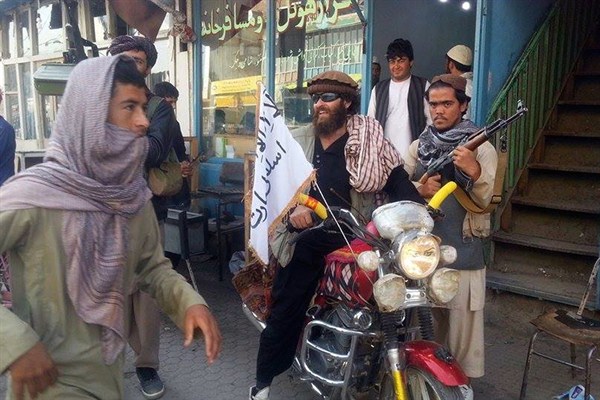On Monday, as U.S. President Barack Obama and other world leaders spoke loftily about diplomacy and international cooperation at the United Nations General Assembly, a picture of chaos and destruction materialized thousands of miles away, in Afghanistan, a country whose future depends to a large degree on decisions taken by the people giving speeches this week in New York.
As the U.N. gathering got underway, Taliban fighters rolled into Kunduz, one of Afghanistan’s largest cities, and, in a manner reminiscent of last year’s fall of Mosul, Iraq, to the self-declared Islamic State, they took control without much resistance. It was the first major Afghan city to fall to the Taliban in 14 years, and an ominous sign for the country—U.S. troops are scheduled to leave by the end of next year, and current plans call for only a small U.S. contingent to remain behind.
The events in Kunduz brought Afghanistan one step closer to the worst-case fears of Afghans who worry about what the future might hold after American forces leave. But it was most alarming for Afghan women, concerned about their nightmare scenario: the return of the Taliban.

